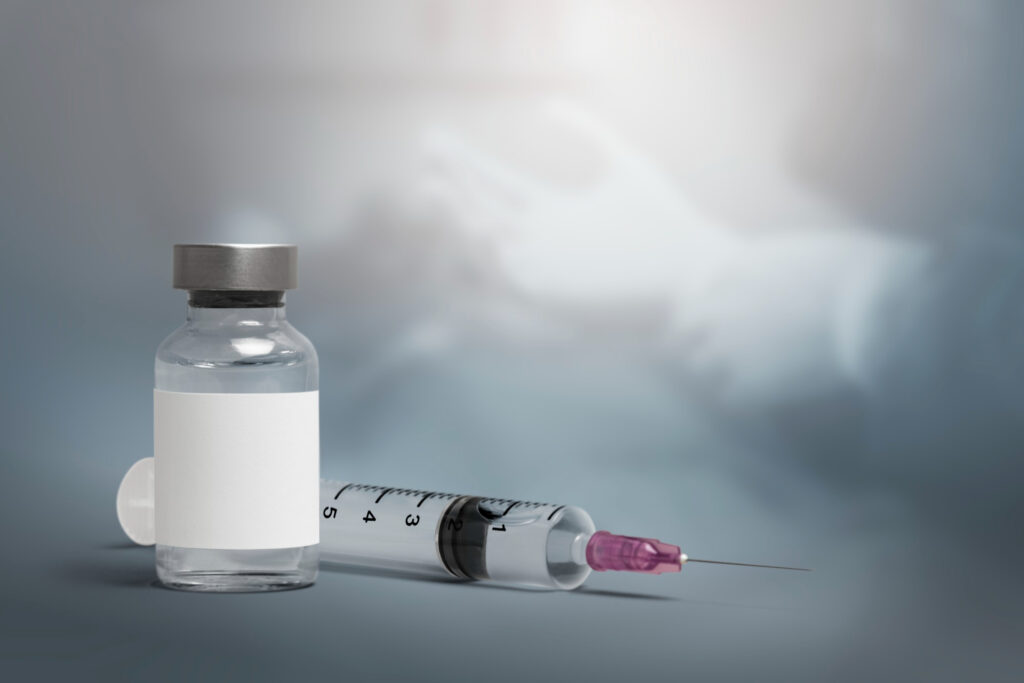The Role of Marquis Test Kits in Combating the Opioid Epidemic

Overdoses from prescription painkillers and illicit opioids, including heroin, have become a nationwide crisis. The number of people dying each day from drug overdose has increased dramatically.
The epidemic started as a prescription painkiller problem in the late 1990s; it has evolved into a multi-faced crisis over the past two decades. The question is, who was responsible for allowing the crisis to develop?
Table of Contents
Detection
As opioid abuse and misuse continue escalating, healthcare professionals seek ways to identify potential patients at risk for drug addiction. To address this need, several tools have been developed.
For example, urine drug testing (UDT) is a standard method of detecting opioids and other drugs in the bloodstream. UDT has the advantage of being quick, inexpensive, and easy to administer. However, its accuracy is limited and may not detect all instances of drug use. In addition, many patients do not report drug use, particularly illicit drugs.
Other methods of detection of opioids include chromatography and mass spectrometry, which provide both screening and confirmatory capabilities. Compared to urine drug testing, these methods require less sample preparation and offer higher sensitivity. Nevertheless, they can be time-consuming and costly to operate.
A more immediate solution is the rapid fentanyl test strip (FTS), which can be used to detect fentanyl and its metabolites in urine and fentanyl analogs in liquid preparations of street drugs. Although it is not as sensitive to other opioids as traditional drug testing methods, it can be a valuable tool in detecting and managing fentanyl overdose.
New testing methods are also being developed to screen for prescription opioid drug therapy. The sensitivity of these methods depends on the opioid drug and its metabolism. This is a critical factor because different clinically available opioids can transform into each other.
The CDC encourages clinicians to incorporate urine drug testing into pain management regimens. Urine drug testing provides an early, noninvasive way to determine whether or not a patient is at risk for opioid addiction while simultaneously allowing clinicians to monitor patient progress and prevent overdose.
To address this need, Alere (Waltham, Massachusetts) has recently launched two in-office drug screening tests that give practitioners fast, dependable results for five commonly abused opioid-derived drugs: iCUP Rx and Sefria. These tests have 510(k) clearance from the Food and Drug Administration and are available for sale to healthcare practitioners.
Prevention
The opioid epidemic is a national public health problem that has led to an increase in the use of prescription opioids for the treatment of chronic non-cancer pain. It has also resulted in a high rate of misuse and abuse of these drugs. Consequently, healthcare providers must use tools to detect and manage opioid misuse and abuse.
Urine drug testing (UDT) is one of the most effective diagnostic tools for detecting misuse and abuse of opiates. In addition to monitoring medication compliance, UDT is essential for identifying unknown substances or diverted drugs in urine.
Many individuals receiving
medication-assisted treatment for opioid use disorders rely on urine drug testing to monitor their medication adherence. However, these tests can be easily cheated. Individuals may substitute urine for a different specimen or spike a prescription drug into a substitute urine sample to pass the test.
In these circumstances, urine substitution risks patients, especially those in medication-assisted treatment. Therefore, healthcare providers must remain vigilant for specimen substitution attempts and ensure that the specimen they are testing is valid human urine.
Aegis has developed testing solutions to detect substituted and synthetic urine specimens validated biochemical markers. These kits are easy to use, inexpensive, and can be used to verify medication adherence in several settings.
To combat the opioid epidemic, public health agencies must be able to track the distribution of drugs in near real-time. These data can then be used to identify trends and plan prevention strategies.
Marquis Test Kits can be used to identify and track the distribution of opiates, metabolites, or other drugs of abuse at the point of care. These devices are a cost-effective way to meet the growing demand for reliable, rapid testing.
Although these relatively inexpensive point-of-care devices require specialized laboratory testing to confirm the results, confirmation testing, such as gas chromatography/mass spectrometry or liquid chromatography, takes longer and is more expensive than immunoassays. Still, it provides a more definitive answer to whether or not a patient has used opiates in the past.
Treatment
One of the most critical strategies to combat the opioid epidemic is to increase access to harm reduction measures. Among the most effective is the distribution of naloxone, an FDA-approved drug that reverses the effects of an opioid overdose. Other methods include safe injection sites and fentanyl test strips, which are used to detect drugs that have been laced with fentanyl or its analogs.
In many communities, public health departments are distributing free naloxone and fentanyl test strips to help curb the spread of these substances. Some cities have even gone as far as establishing overdose prevention centers (OPCs) that provide wraparound services for people who use drugs and connect them to treatment.
While the opioid epidemic continues to rage on, new developments in opioid abuse have been fueled by synthetic opioids that are much more potent than heroin and other prescription drugs. These include fentanyl and its cousin, carfentanil, which are more than 4,000 times as powerful as morphine and 10,000 times stronger than heroin.
Urine drug testing is the most commonly used diagnostic tool to identify misuse and abuse of opiates. Early detection leads to better treatment outcomes for individuals with opioid use disorder. However, various techniques can easily cheat urine drug testing, including urine substitution or spiking with an unauthorized substance.
Aegis is working to fight this problem by developing innovative urine drug testing solutions such as BioDetect. This unique technology allows healthcare professionals to distinguish samples inconsistent with routinely analyzed human urines, providing clinical insight that improves patient outcomes.
Read also: Psychedelic flags and banners are popular accessories for the rave scene
In addition, Marquis Test Kits can help physicians in pain management settings identify patients using illicit opioids by detecting the presence of the drug in their system. These tests can identify a negative result when a drug is not present in a patient’s system or a positive result when the drug is present, indicating noncompliance with a prescription.
Education
The opioid epidemic is a complex, multifaceted problem affecting communities and families nationwide. It is characterized by an increasing number of opioid-related deaths, with the lifetime death rate from drug overdoses now higher than that of car accidents and suicides combined (Hedegaard, Warner, & Minino, 2017).
The public health response to the opioid crisis has focused on prevention and treatment strategies, such as prescription monitoring programs, increased access to naloxone and fentanyl testing strips, and addiction recovery and rehabilitation services. However, these efforts may fail to address the root cause of the problem.
One of the most critical steps to combatting the opioid epidemic is to educate the public about the dangers of overdose and addiction. Many community organizations, such as the Drug Enforcement Administration, have developed training pieces that cover various topics related to this crisis.
For example, Discovery Education and the DEA have developed an opioid training program that includes a variety of modules that are customizable for different audiences and can be tailored to specific workplace environments. These pieces of training provide information on the risks associated with opioid abuse and addiction, how to recognize warning signs of an overdose, and the use of naloxone and fentanyl test strips to detect drug misuse.
In addition, the program has a Recovery Resource Locator that allows individuals to locate local recovery facilities and resources. The training also guides how to get involved in the community and support others suffering from opioid overdose or opioid addiction.
This training is available on a per-trainer or group license basis. The annual license fee is $200 for a trainer or $400 for a group of trainers within the same organization. This license includes all the training materials, the online resource center, updates, and technical assistance during the 12-month licensing period.
Efforts to curb the opioid epidemic are ongoing, and Marquis Test Kits are playing an essential role in educating the public about the deadly nature of this disorder. As more individuals become aware of the harms of overdose and addiction, they can take more steps to protect themselves and their loved ones.







